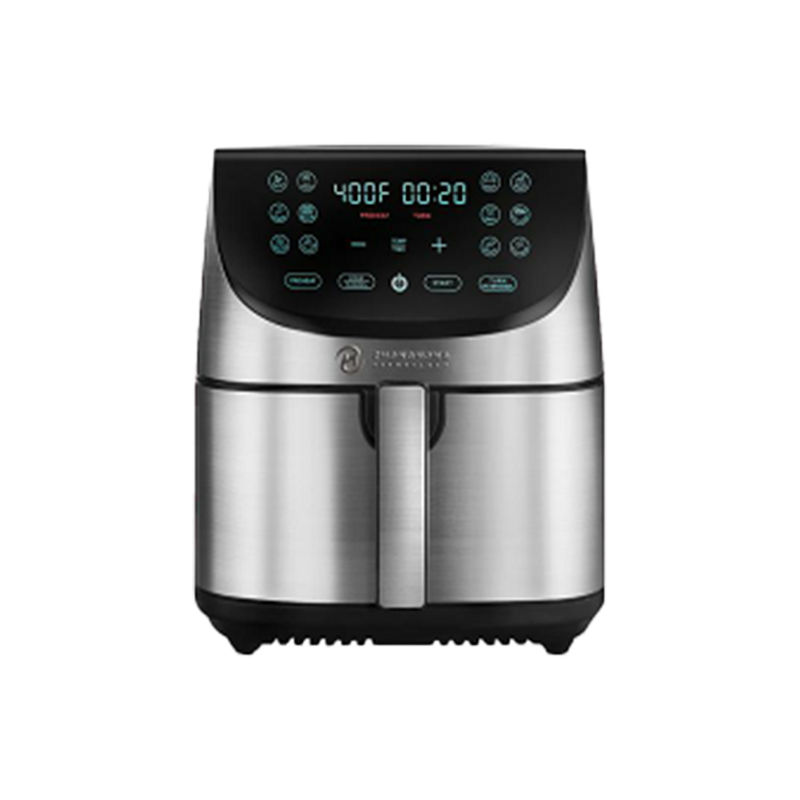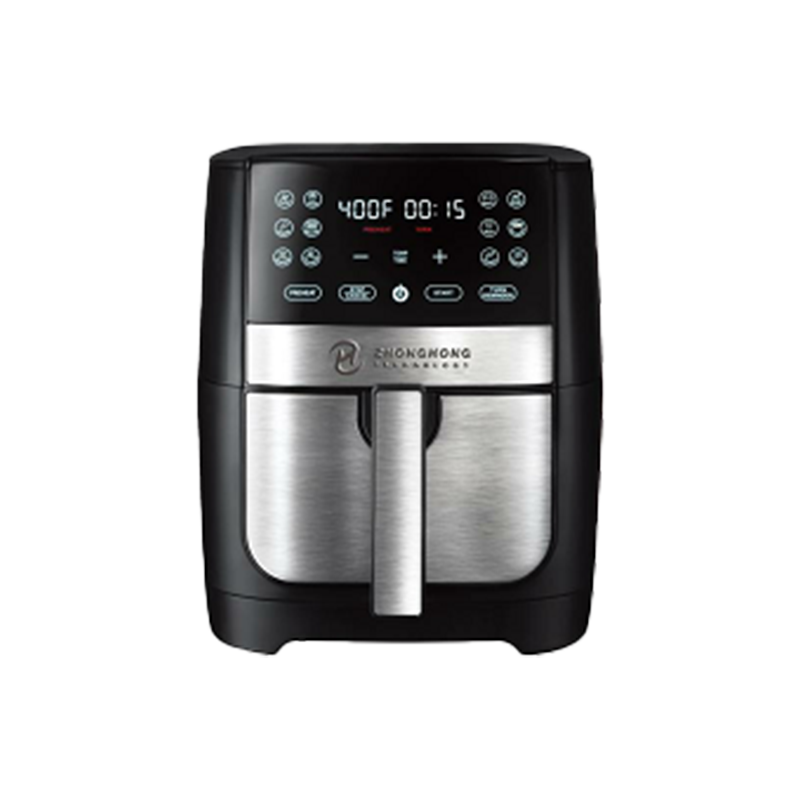Can Low Noise Integrated Stoves be adapted for both residential and commercial kitchen settings?
Date:2024-02-19
Low noise integrated stoves can be adapted for both residential and commercial kitchen settings with certain considerations:
Noise Level Requirements: In residential settings, homeowners typically prefer quieter appliances to minimize disturbance in their living spaces. Low noise integrated stoves are well-suited for residential kitchens where noise reduction is a priority. In commercial kitchens, noise levels may be less of a concern, especially in busy and bustling environments where noise from various kitchen equipment is expected. However, low noise integrated stoves can still offer benefits in commercial settings by reducing overall noise levels and improving the working environment for kitchen staff.
Cooking Capacity: Commercial kitchens often have higher cooking capacity requirements compared to residential kitchens. Integrated stoves intended for commercial use should be designed to handle larger volumes of food and more frequent cooking cycles without sacrificing performance or efficiency. Residential integrated stoves may have lower cooking capacities but can still be suitable for small-scale commercial operations or specialty food service establishments.
Durability and Reliability: Commercial kitchens demand heavy-duty equipment that can withstand frequent use and rigorous operating conditions. Integrated stoves intended for commercial settings should be built to withstand the demands of high-volume cooking and heavy-duty use, with durable construction, robust components, and reliable performance. Residential integrated stoves may not need to meet the same durability standards but should still offer reliable performance and longevity for regular home use.
Regulatory Compliance: Commercial kitchen equipment must comply with specific regulations and standards set by local health departments and regulatory agencies. Integrated stoves intended for commercial use should meet these regulatory requirements for safety, sanitation, and performance. Residential integrated stoves may not be subject to the same regulations but should still meet applicable safety and performance standards.
Cost Considerations: Commercial-grade integrated stoves are typically more expensive than residential models due to their higher capacity, durability, and performance features. Commercial kitchens may be willing to invest in higher-priced equipment to meet their operational needs and performance requirements. Residential integrated stoves may offer cost-effective options for homeowners seeking quieter operation without the need for commercial-grade features.
Overall, while low noise integrated stoves can be adapted for both residential and commercial kitchen settings, it's essential to consider factors such as noise level requirements, cooking capacity, durability, regulatory compliance, and cost considerations when selecting the appropriate stove for each setting. By understanding the specific needs and priorities of residential and commercial kitchens, users can choose integrated stoves that meet their requirements for performance, efficiency, and noise reduction.
Noise Level Requirements: In residential settings, homeowners typically prefer quieter appliances to minimize disturbance in their living spaces. Low noise integrated stoves are well-suited for residential kitchens where noise reduction is a priority. In commercial kitchens, noise levels may be less of a concern, especially in busy and bustling environments where noise from various kitchen equipment is expected. However, low noise integrated stoves can still offer benefits in commercial settings by reducing overall noise levels and improving the working environment for kitchen staff.
Cooking Capacity: Commercial kitchens often have higher cooking capacity requirements compared to residential kitchens. Integrated stoves intended for commercial use should be designed to handle larger volumes of food and more frequent cooking cycles without sacrificing performance or efficiency. Residential integrated stoves may have lower cooking capacities but can still be suitable for small-scale commercial operations or specialty food service establishments.
Durability and Reliability: Commercial kitchens demand heavy-duty equipment that can withstand frequent use and rigorous operating conditions. Integrated stoves intended for commercial settings should be built to withstand the demands of high-volume cooking and heavy-duty use, with durable construction, robust components, and reliable performance. Residential integrated stoves may not need to meet the same durability standards but should still offer reliable performance and longevity for regular home use.
Regulatory Compliance: Commercial kitchen equipment must comply with specific regulations and standards set by local health departments and regulatory agencies. Integrated stoves intended for commercial use should meet these regulatory requirements for safety, sanitation, and performance. Residential integrated stoves may not be subject to the same regulations but should still meet applicable safety and performance standards.
Cost Considerations: Commercial-grade integrated stoves are typically more expensive than residential models due to their higher capacity, durability, and performance features. Commercial kitchens may be willing to invest in higher-priced equipment to meet their operational needs and performance requirements. Residential integrated stoves may offer cost-effective options for homeowners seeking quieter operation without the need for commercial-grade features.
Overall, while low noise integrated stoves can be adapted for both residential and commercial kitchen settings, it's essential to consider factors such as noise level requirements, cooking capacity, durability, regulatory compliance, and cost considerations when selecting the appropriate stove for each setting. By understanding the specific needs and priorities of residential and commercial kitchens, users can choose integrated stoves that meet their requirements for performance, efficiency, and noise reduction.
Pre:How do energy-efficient features contribute to noise reduction in Integrated Stove models?
Next:How does the integration of smart technologies impact the noise levels and functionality of Integrated Stoves?
Next:How does the integration of smart technologies impact the noise levels and functionality of Integrated Stoves?


 简体中文
简体中文 English
English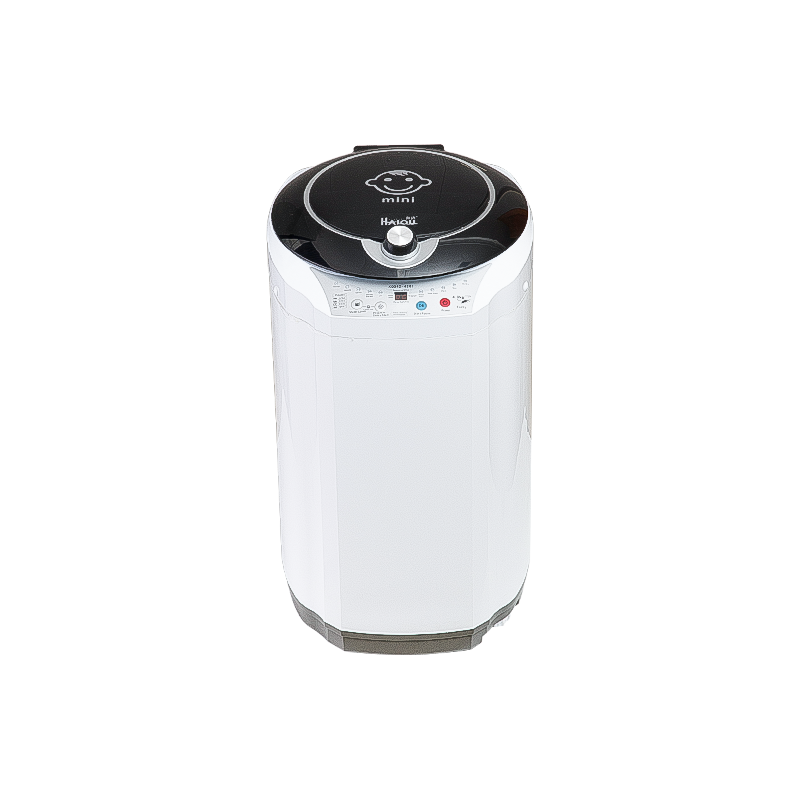
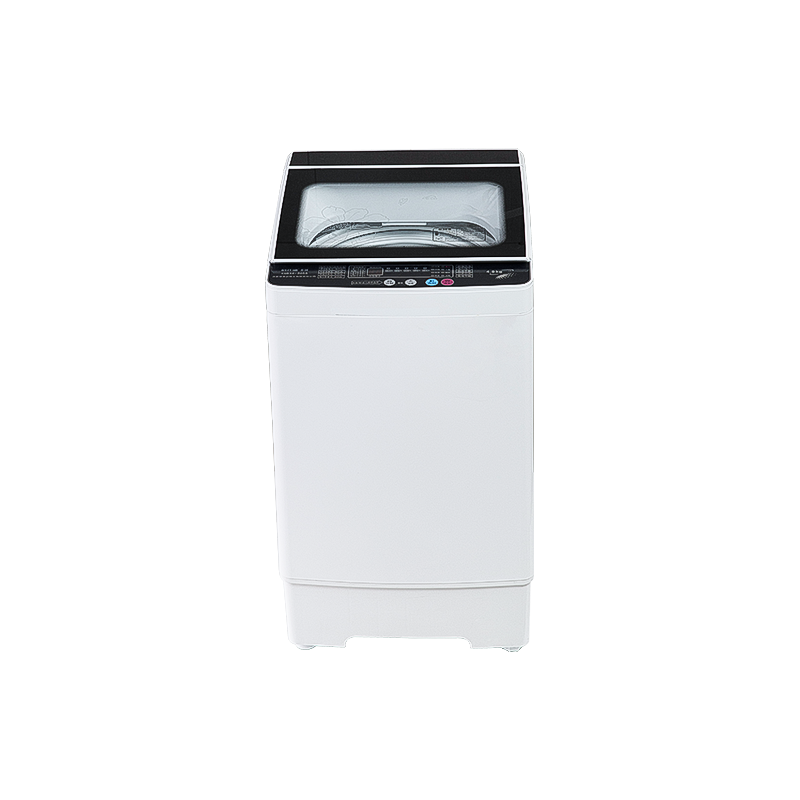
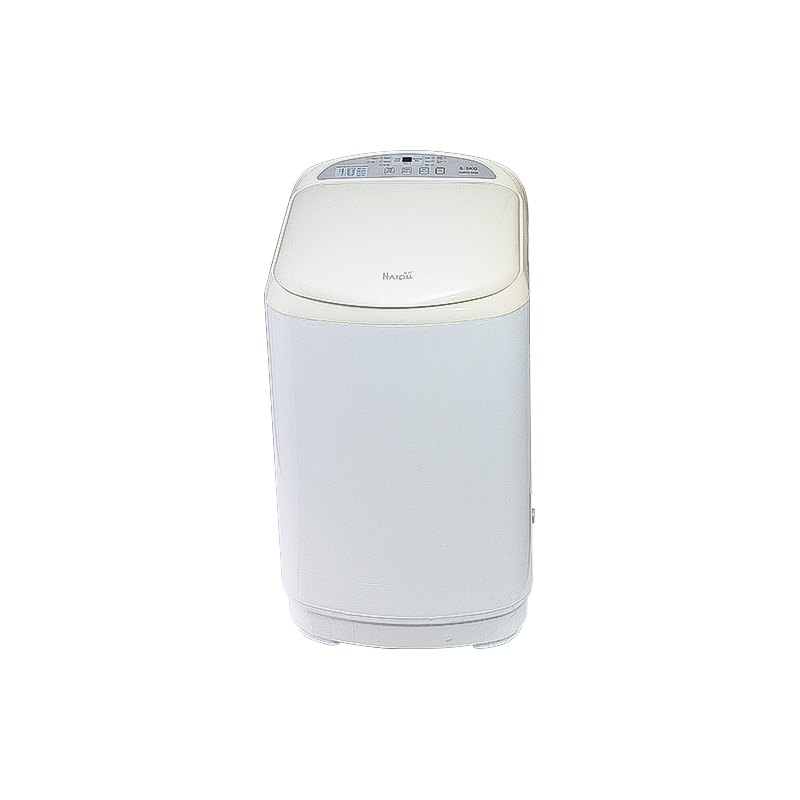
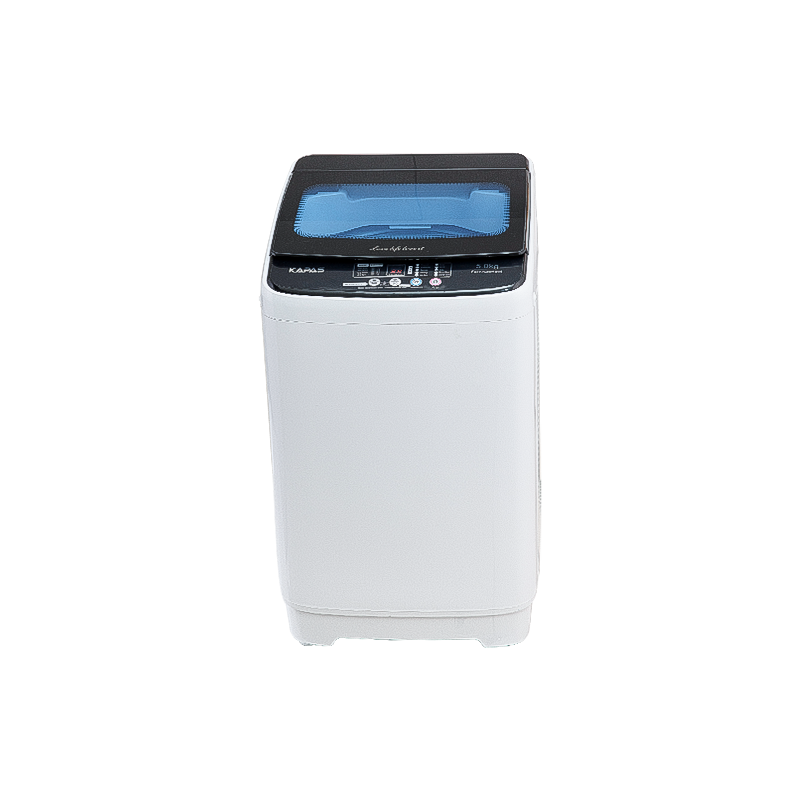
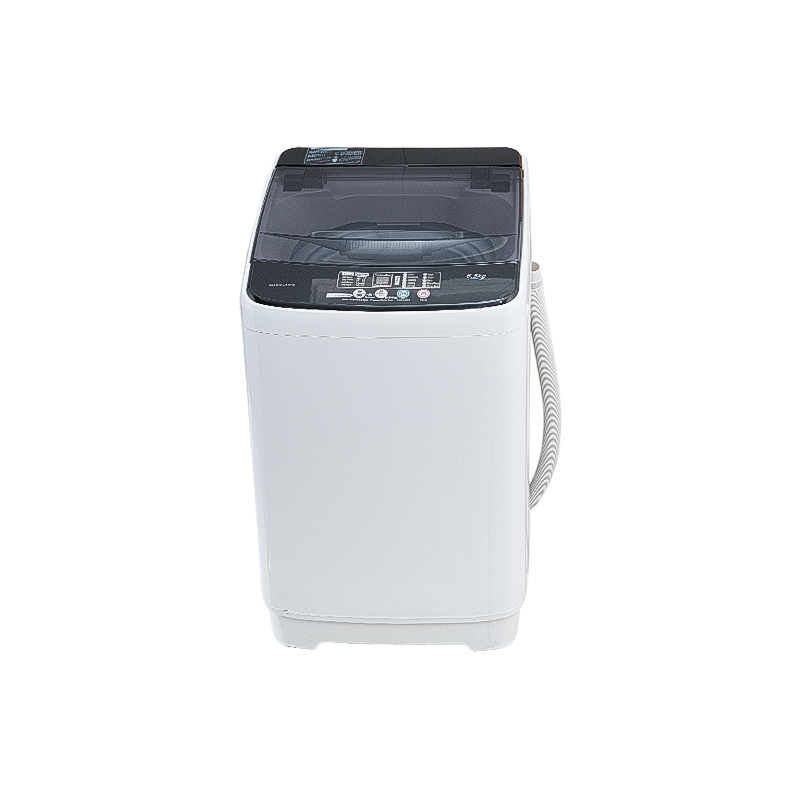
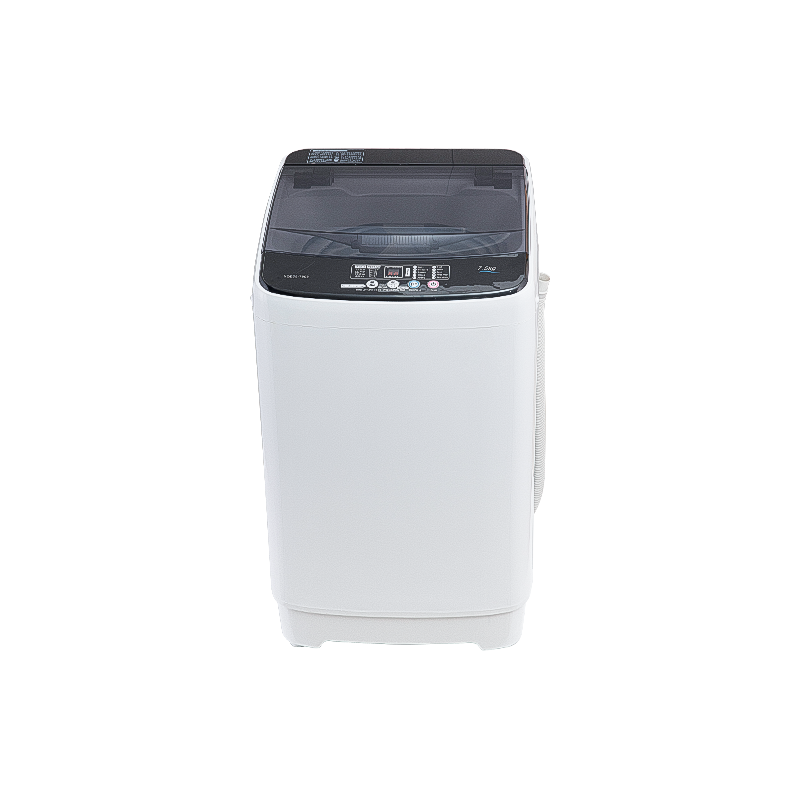
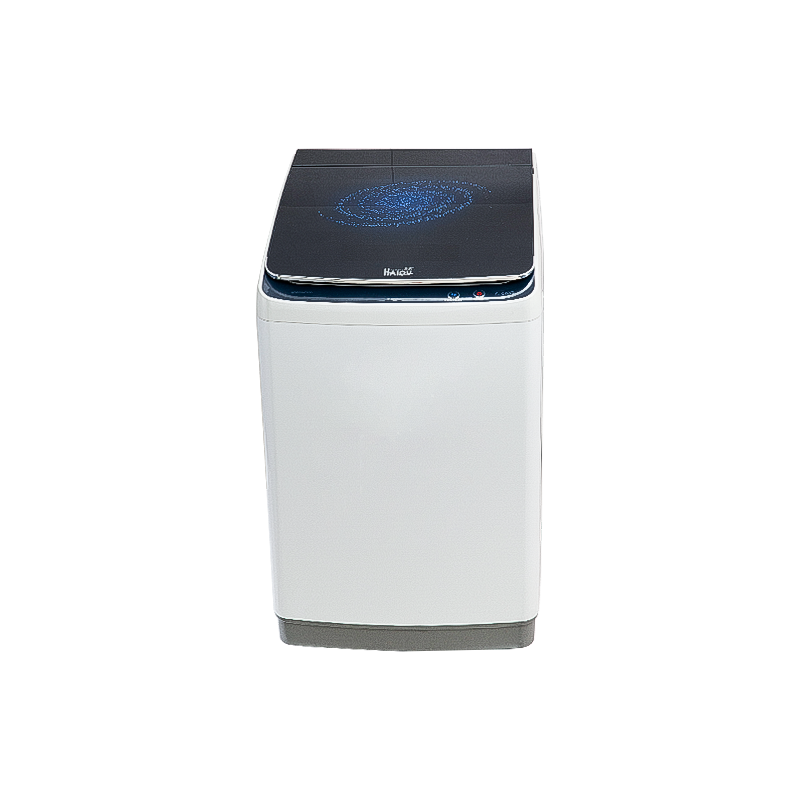
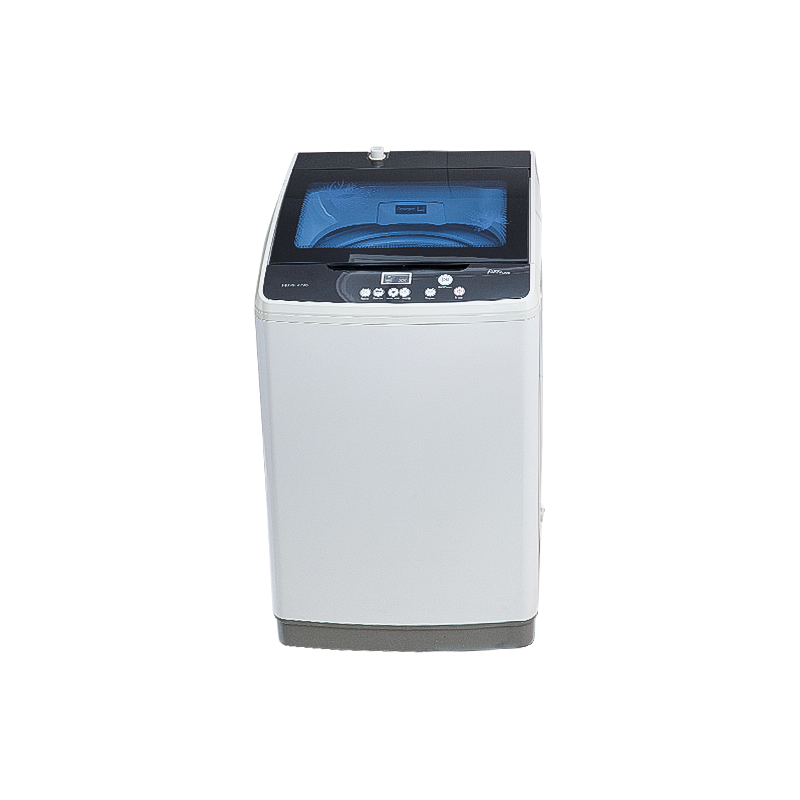
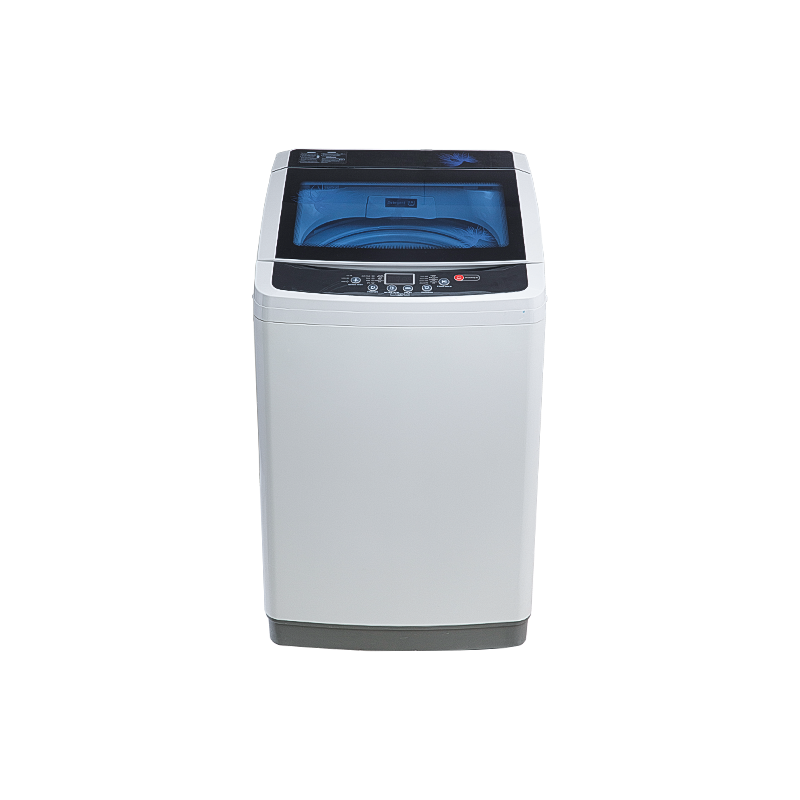
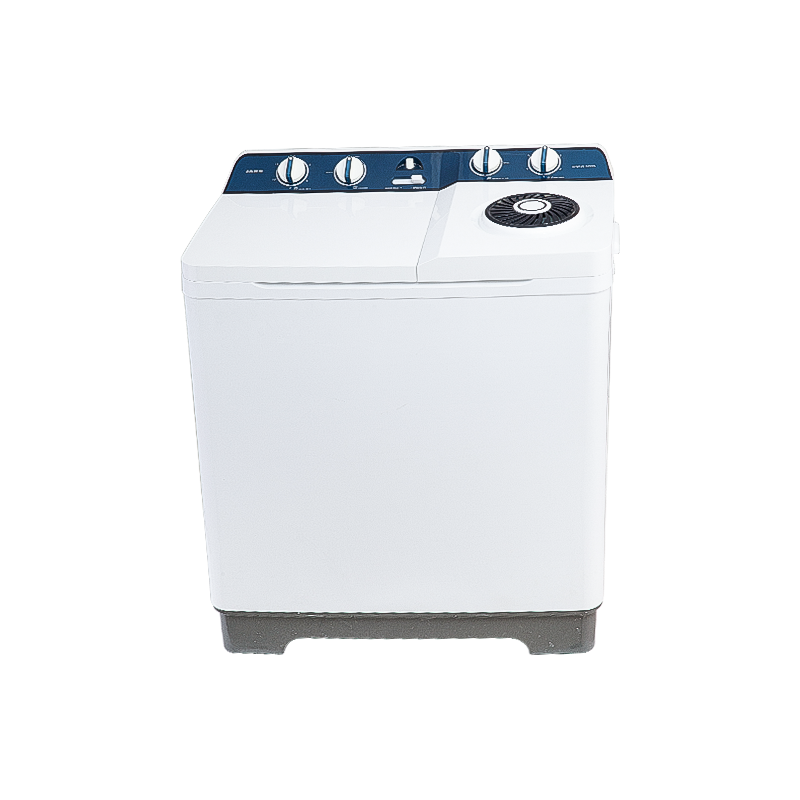





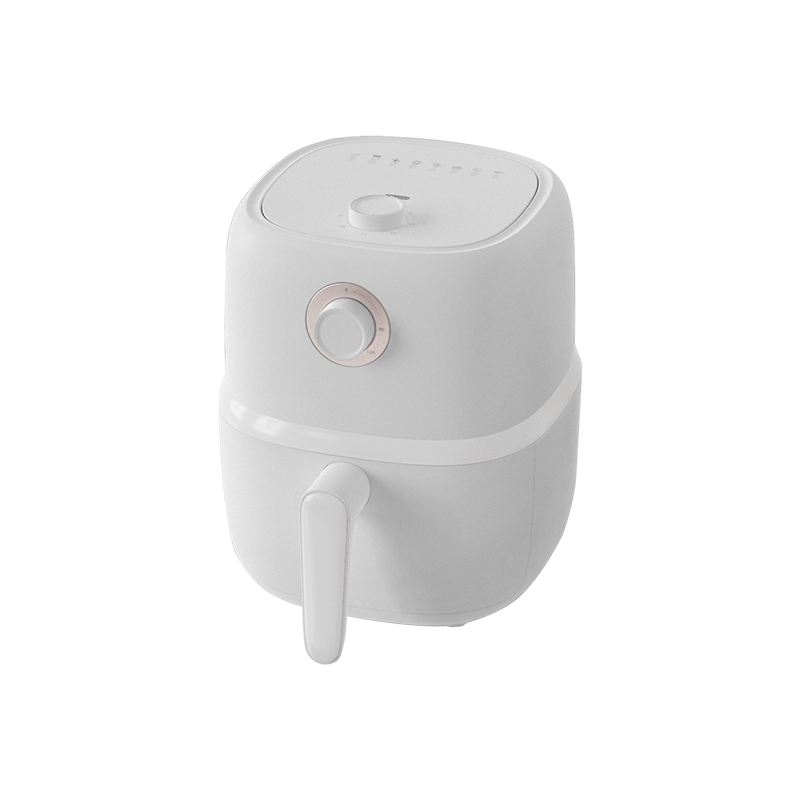
.png.800.png)
.png)
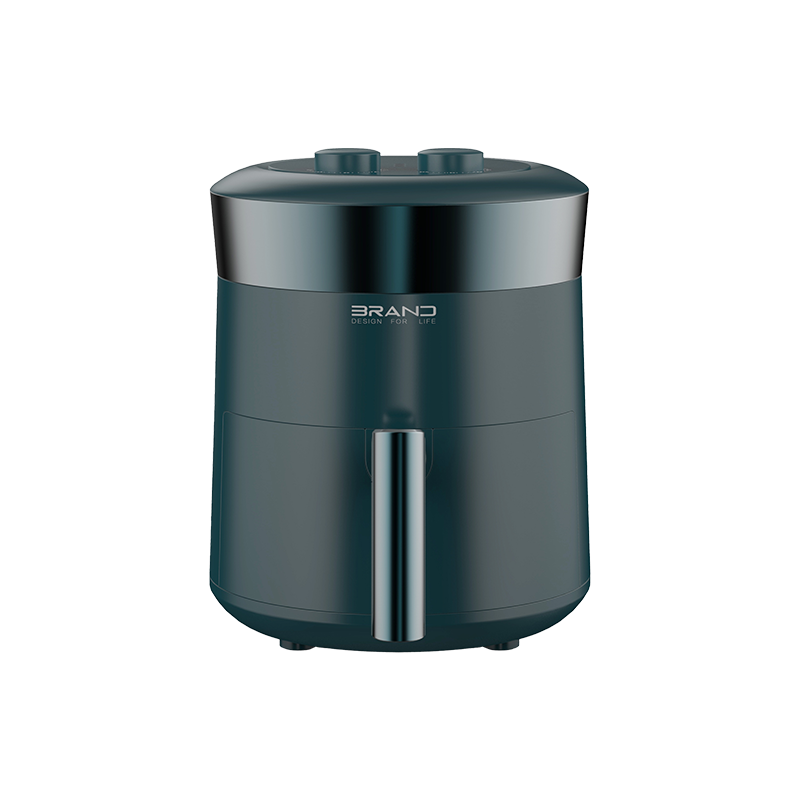
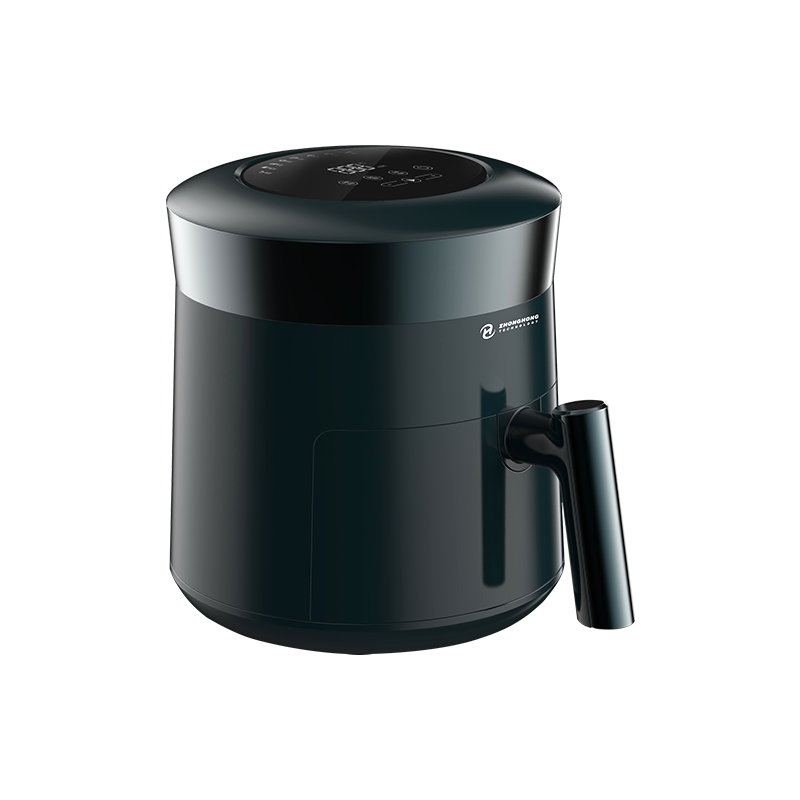
.png)
.png.800.png)
